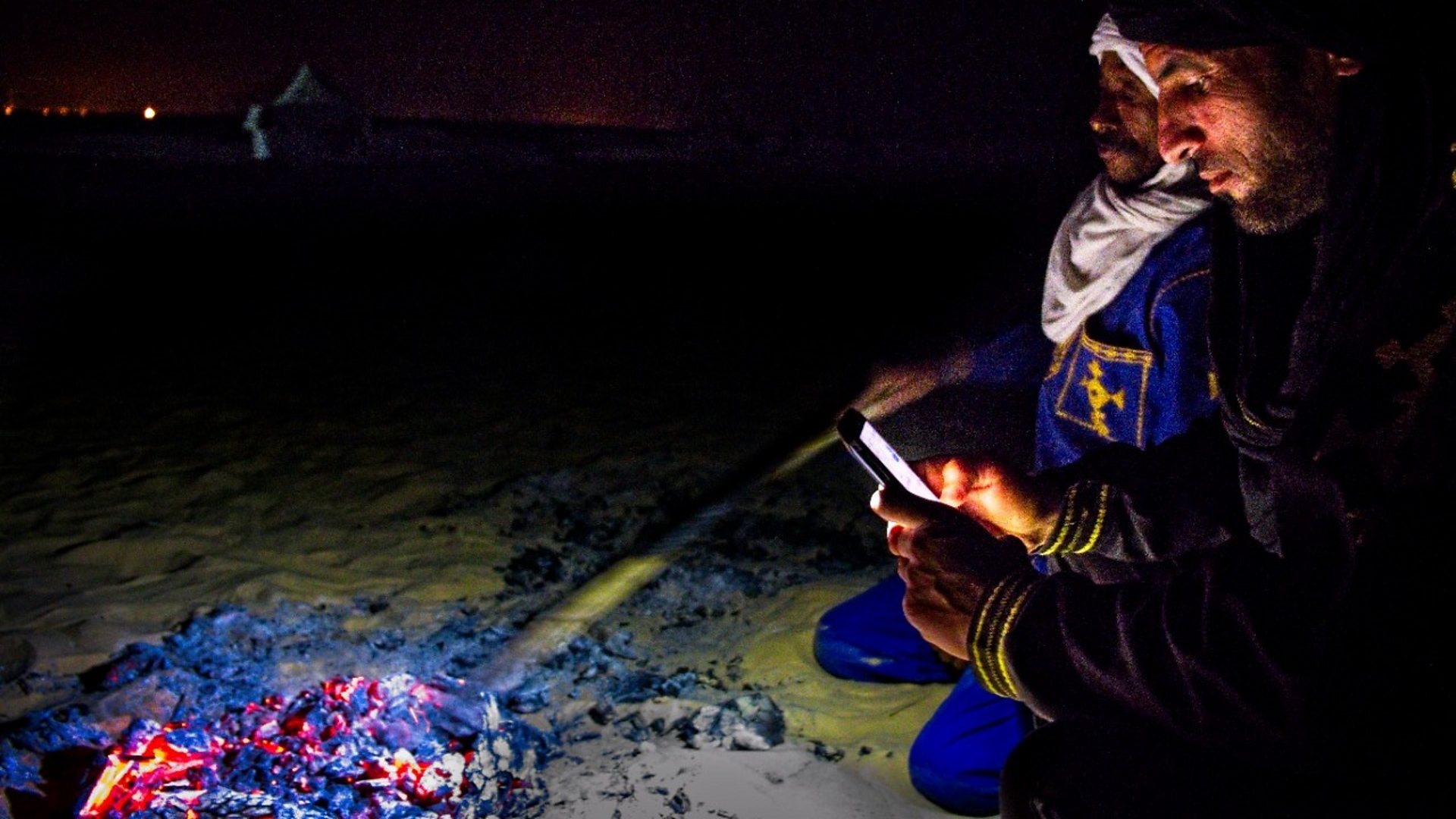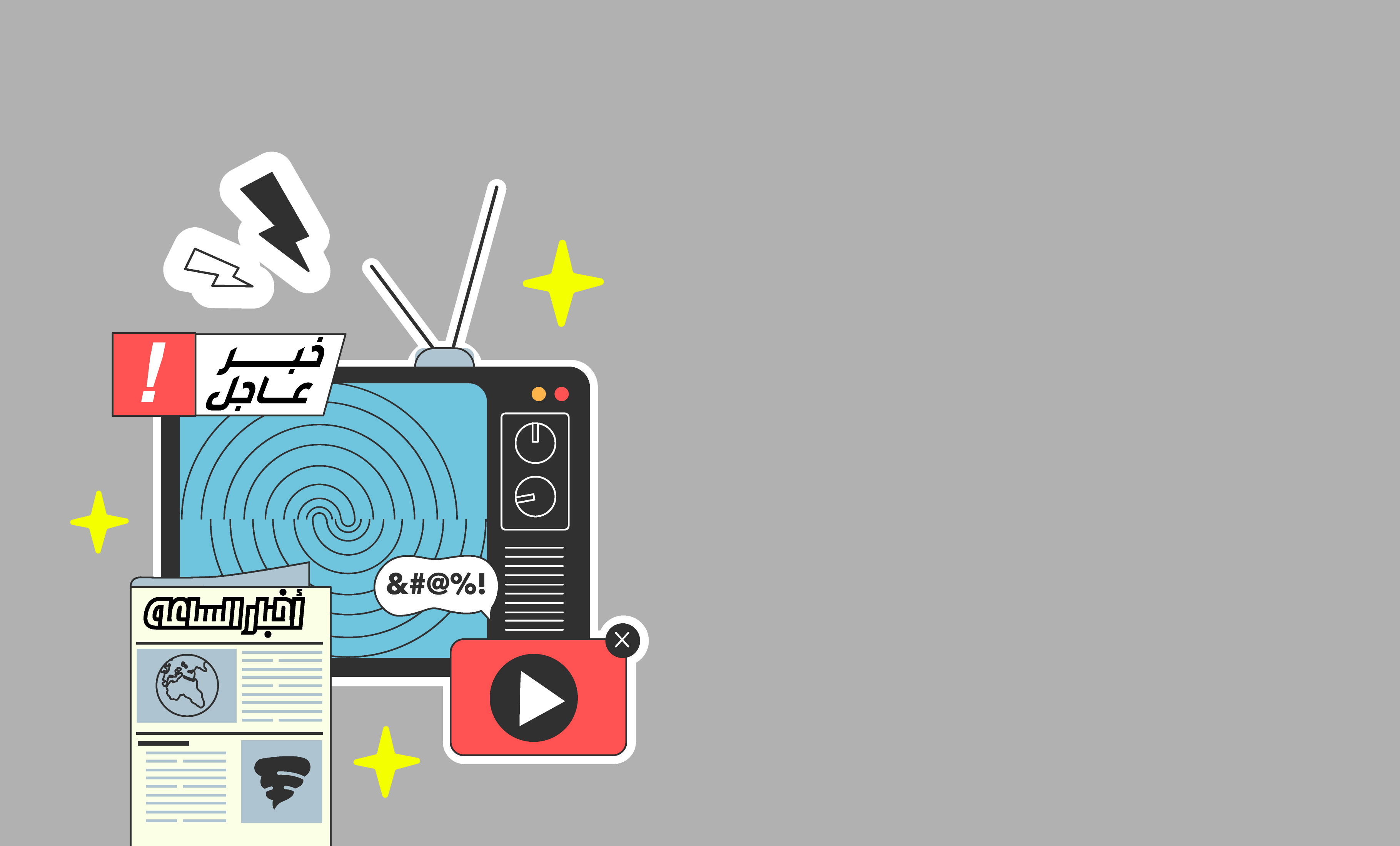In today’s fast-paced digital world, social media has become deeply embedded in everyday life. But with its expansion has come a growing challenge: the spread of false and misleading information. What does that look like for Libyan users specifically? That’s the question BBC Media Action’s El Kul project set out to answer with this in-depth research.
Why This Research Matters
The project aimed to better understand how Libyans interact with the content they see online, what makes them trust or share it, whether they can tell if it’s false, and what makes some people more vulnerable to misinformation than others.
Misinformation in a Rapidly Evolving World
While rumors and falsehoods have existed for centuries, digital technology and widespread media access have supercharged their spread in ways we’ve never seen before. Today’s information environments are overwhelmed with what’s known as “information disorder.”
Libya in Context
In Libya, the explosion of social media use began around 2011 during the fall of Gaddafi’s regime and the first civil war. Since then, the numbers have continued to climb — now more than two-thirds of the population uses Facebook. Political figures, armed groups, and international actors have all leveraged social media to push their narratives, discredit opponents, and manipulate public perception — often through disinformation campaigns.
A Crisis of Trust in the Pandemic Era
Like many other countries, Libya experienced a flood of misinformation during the COVID-19 pandemic — about symptoms, prevention, vaccines, and the virus’s origins. With so much noise, people found it increasingly hard to know whom or what to trust. The World Health Organization even labeled it an “infodemic.”
Key Findings from the Study
False Information is Widespread
- 96% of survey respondents said they had encountered false or misleading content online.
- 59% believed they saw such content at least once a week.
Concern is High — But So is Overconfidence
- 80% of respondents were concerned about the amount of false content on social media.
- 89% thought it was having a harmful impact on Libyan society.
- Yet, 78% felt at least somewhat confident in their ability to identify misinformation.
- Still, 38% admitted they had previously shared false content unknowingly.
“Sometimes the first time you read a post it doesn’t really click, and later you realize you’ve shared something that wasn’t good.”
— Woman, 27, Tripoli
What Drives People to Share?
- Most people said they share content out of a desire to help others or connect socially — not to promote themselves.
- 73% said they value accurate, trustworthy information.
- But only 62% felt they had real access to it.
- Many were cautious about trusting online news in general.
Trust Runs Through Personal Connections
- People tend to trust content shared by friends or family — those they believe wouldn’t spread falsehoods.
- A common belief: “If it’s shared widely, it must be true.”
How the Research Was Conducted
The study took place in March and April 2021 and included:
- A review of existing materials.
- 36 in-depth interviews.
- A nationally representative phone survey with 1,483 participants aged 18 and up.
- Case studies exploring how users responded to real COVID-19 misinformation examples.
What This Means for the Future
Here are some of the recommendations the research points to:
- Trusted Media Has a Role: As Libya prepares for national elections and continues its COVID-19 vaccine rollout, El Kul can help by offering trusted, independent information.
- Clear Signposting Matters: Pointing users to reliable sources on health, politics, and other sensitive topics can reduce uncertainty.
- Media Literacy is Critical: Social media users need more support to recognize their own blind spots and gain confidence in spotting misinformation.
- Leverage Good Intentions: Since many share content with good intentions, awareness campaigns can build on this by stressing the importance of sharing only what’s verified and true.


